News
-
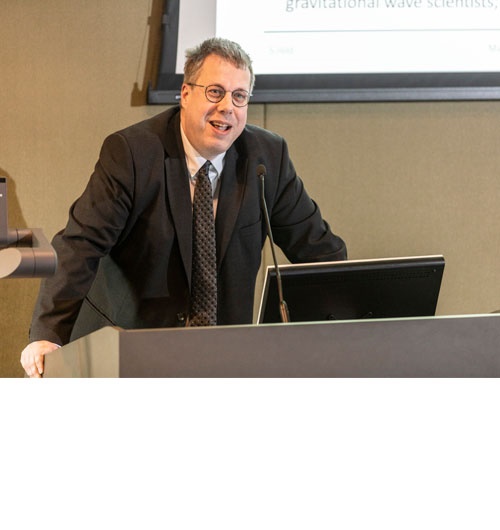
The Executive Board of Maastricht University (UM) has appointed Prof. dr. Thomas Cleij as the new dean of the Faculty of Science & Engineering.
-

In the soon-to-be completed first phase of ZonMw project "Making space for health in the city: towards a South Limburg knowledge agenda", knowledge gaps were identified about how our urban living environment influences health. A whole range of methods was employed. Let's highlight two methods that were a bit more out-of-the box.
-
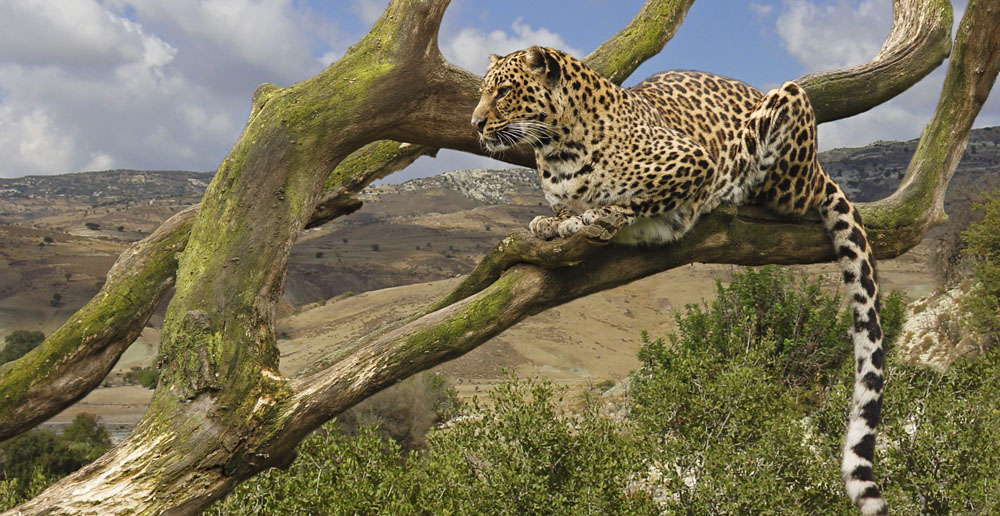
Raf de Bont received a Vici grant for his reseach project 'Moving Animals'.
-
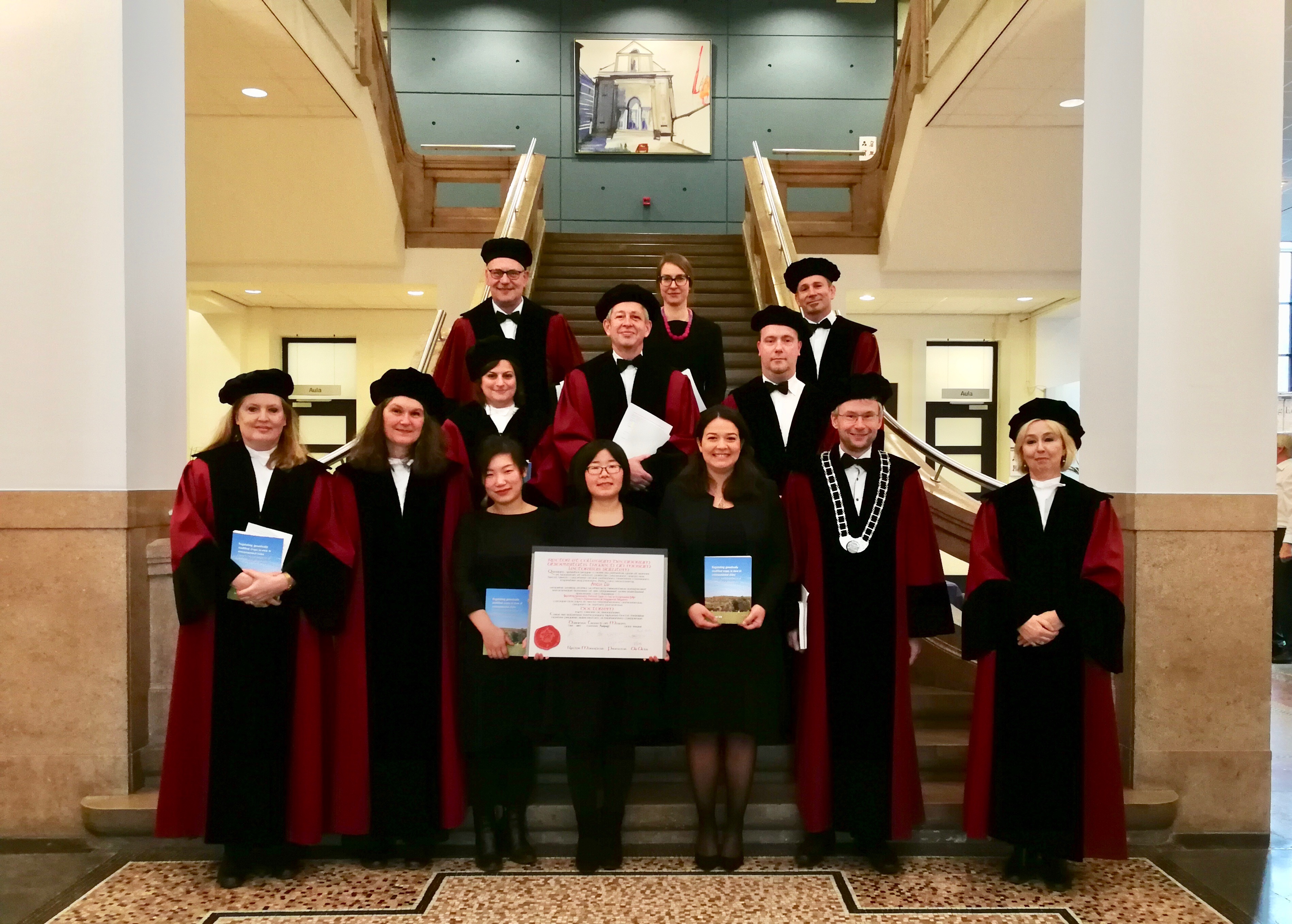
On Friday 22 February 2019, METRO fellow Ancui Liu successfully defended her PhD thesis on "Regulating Genetically Modified Crops in View of Environmental Risks: China’s Implementation of International Obligations" at Maastricht University.
-

In the new European treatment guidelines for tinnitus, a therapy developed at Maastricht University (UM) has been designated as the only recommended treatment. It is a form of cognitive behavioural therapy that is currently offered solely by health care centres in Hoensbroek and Eindhoven.
-

Maastricht University (UM) has appointed Prof. dr. Stefan Hild as professor of Gravitational Research. The move paves the way for UM to become a full member of the National Institute for Subatomic Physics (Nikhef).
-
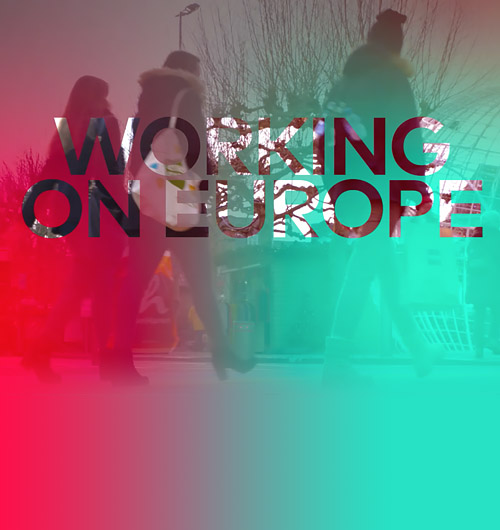
Help make Europe better – go on then. If you don’t know where to start, you could do worse than come to Studio Europa. This workshop at the heart of Europe – and the heart of Maastricht – allows researchers, journalists, policy makers and citizens to come together to discuss, debate and shape Europe’s future.
-
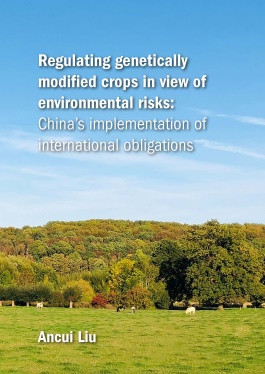
PhD thesis written by Ancui Liu.
GM crops may cause environmental risks. Cultivation of GM crops is a key process in causing environmental risks. Environmental risks that may be caused by GM crops need to be assessed and managed on a case-by-case basis in accordance with international law and Chinese law. -

Nitrate, which is found in beetroot juice, for example, has a positive effect on the performance of trained athletes who primarily require short bursts of energy, such as footballers. For endurance athletes, such as cyclists, nitrate appears to have very little to no effect.
-
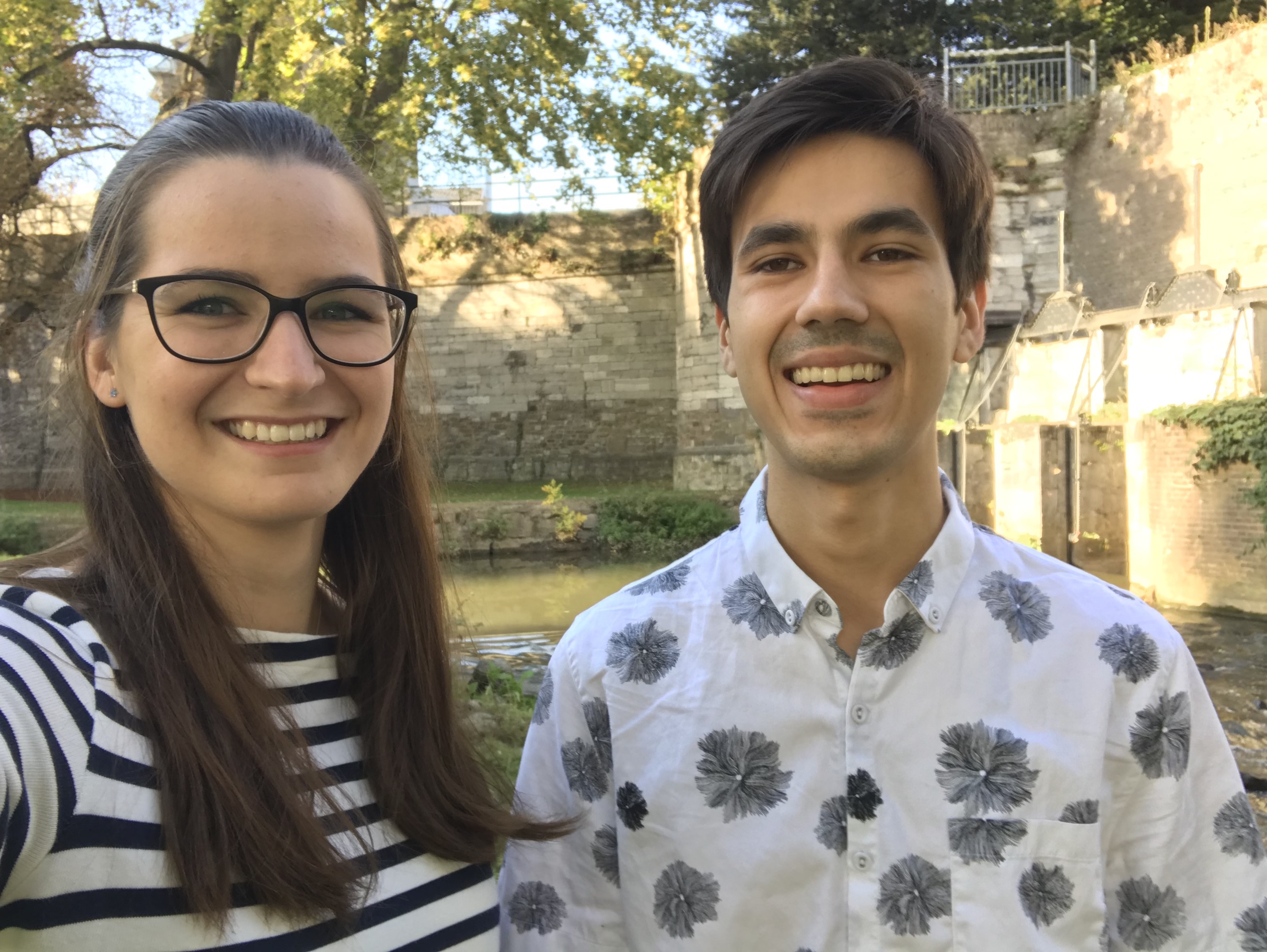
For Maastricht University’s students Dennis Katwal and Megan Entzinger, volunteering has always played a part in their life. Finding that they had spare time to fill when arriving in a new country, they naturally wanted to use this time to help others – and they found the perfect opportunity when they came across the charity committees of their study programmes.